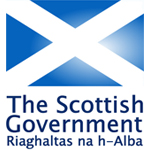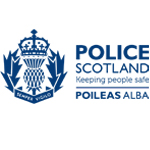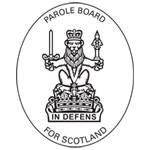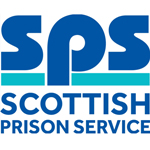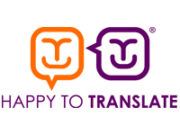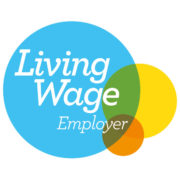Jury-less trials are an opportunity to put victims at the centre of Scotland’s justice system
Scotland looks set to miss a golden opportunity to get things right for victims of crime during these uncertain times.
The lack of support for proposals to allow trials for serious cases to go ahead jury-free as an emergency measure to get us through the pandemic, will create a major backlog of an estimated 1,600 cases. It will take our courts years to process these cases once it is safe for them to reopen.
The emotional turmoil and uncertainty that this will inflict on some of the country’s most vulnerable victims and their families cannot go unheard. The effects of coronavirus may only last a few months, but the impact will be felt for years to come.
Earlier this week, Victim Support Scotland, along with three of the largest victim-centred organisations in Scotland (Rape Crisis Scotland, Scottish Women’s Aid and ASSIST), felt compelled to write a joint open letter to MSPs warning of the severity of the backlog and the inevitable human cost.
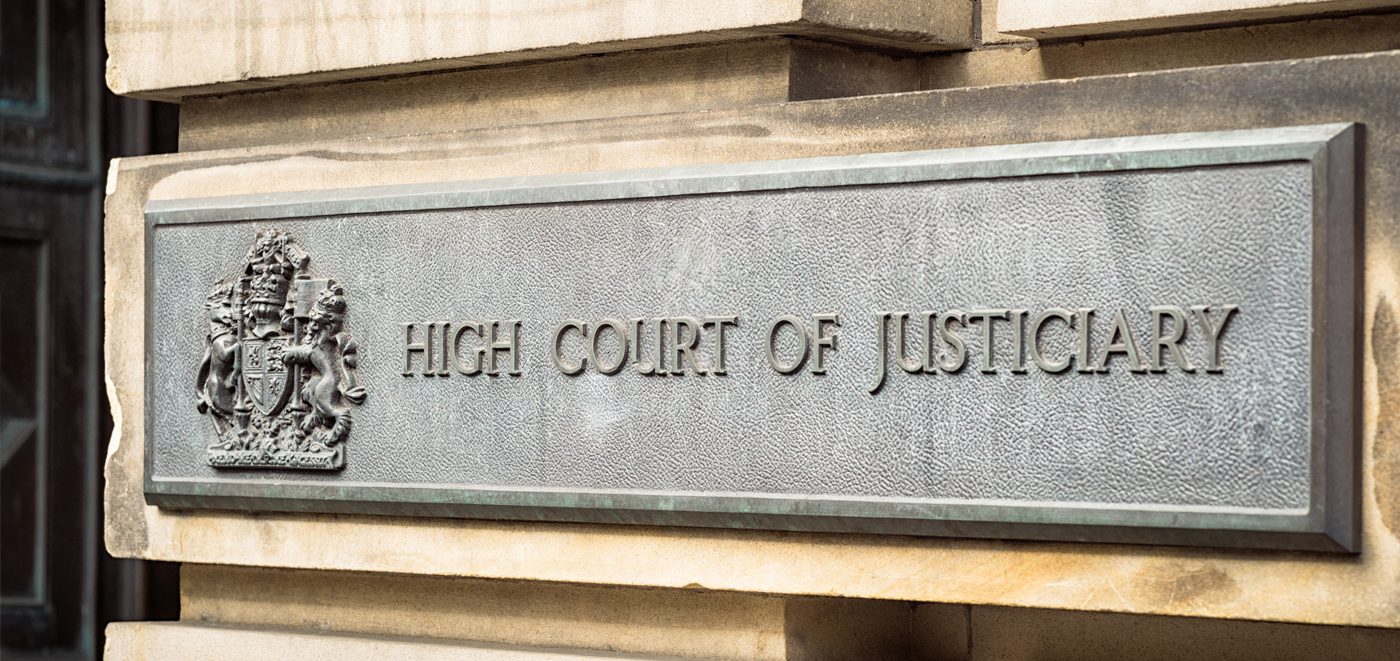
Many of those arguing against the emergency measures seem to have failed to understand that jury free trials are already being used in Scotland. Domestic abuse cases are mostly dealt with through summary proceedings that do not require juries. Far from eroding a 600-year-old ‘cornerstone’ of the Scottish legal system, this has allowed thousands of serious cases to be heard in Scotland without a jury present.
There is also a precedent for the use of judge-only trials in serious cases in emergency situations with the establishment of ‘Diplock courts’ in Northern Ireland for political and terrorism-related cases during the height of the Troubles. The Criminal Justice Act 2003, applicable throughout the UK, also allows jury-less trials in complex fraud cases and where there is a risk of jury tampering.
Part of the rationale for retaining juries is the right to be judged by your peers, but this is unlikely to happen properly in the current circumstances. Many people will not be able to participate in jury services, particularly single parents and women with caring responsibilities and those who are ‘shielding’. Without the inclusion of these people, juries cannot be truly representative of our society.
As part of a roundtable discussions with the Cabinet Secretary for Justice, Humza Yousaf, we discussed a variety of options for emergency legislation to be brought forward by the Scottish Government while courts are observing lockdown measures.
One proposal being put forward is the use of smaller juries, as was the case during World War II. While this may seem reasonable, when you look closer, this is just another ill-advised attempt to invoke ‘Blitz Spirit.’
Reducing the size of juries risks increases the chances that a mistrial will have to be declared if a juror falls ill – a very real possibility given how quickly coronavirus spreads. Any move that increases the potential for a mistrial to occur will have a devastating impact on the mental health and wellbeing on people affected by crime.
Victims of serious sexual assault and rape, for example, already face considerable re-traumatisation from having to give evidence, with one survivor saying this of their experience: “I was not prepared… it was the most degrading and terrifying thing.”
It is unacceptable to knowingly put survivors of sexual violence in the position where they may possibly have to give evidence more than once due to a mistrial, which for many is worse than no trial taking place at all.
Once lockdown measures are able to be eased, there is a real concern that discounted sentences will be used as a method of reducing the strain on court time once more. From victims’ perspectives they want to have confidence in the criminal justice system. This includes being able to have faith that the impact of what they have experienced will be reflected in the decision of a judge and the jury, not that they will be set aside to save court resources.
Coronavirus will be temporary, but the extensive delays it is already causing to the criminal justice system will have a devastating and repeated impact to the lives of victims, witnesses, and their families for years to come. When these proposals are put to MSPs again, it will be a chance to put victims, witnesses, and their families at the centre of Scotland’s justice system and remedy an already difficult situation.
Kate Wallace
Chief Executive, Victim Support Scotland
This comment piece was originally published in Holyrood Magazine and first appeared on 27 April 2020.
Latest news and blogs
-
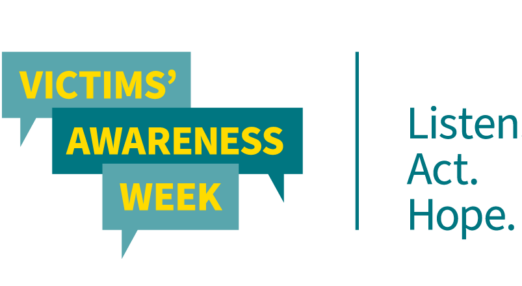
Helena’s* Story – Victims’ Awareness Week
Read more
-

The Taylor* Family’s Story – Victims’ Awareness Week
Read more
-
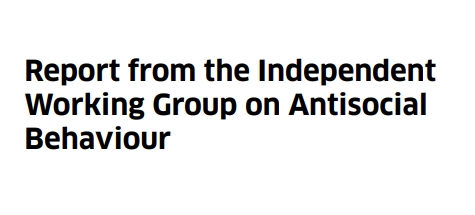
Victim Support Scotland response to report from Antisocial Behaviour Independent Working Group
Read more
-

Victim Support Scotland responds to findings of consultation on Media Reporting on Child Homicide Victims
Read more
-
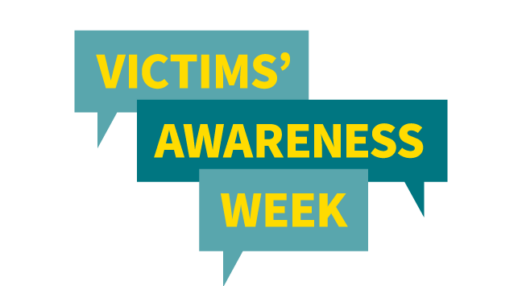
Victims’ Awareness Week 2025
Victims' Awareness Week 2025 will take place from 21-28 February.
Read more
-

We’re here – support over the festive period
We know that the festive period can be difficult for people impacted by crime - that's why we'll remain open right through Christmas and New Year.
Read more
-
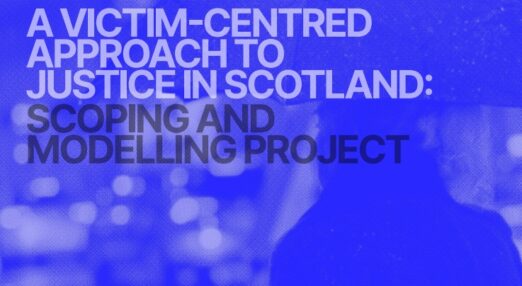
A Victim-Centred Approach to Justice in Scotland: Scoping and Modelling Project
This project, commissioned by Victim Support Scotland, sought to explore how a more victim-centred approach could be realised in Scotland's criminal justice system.
Read more
-

Concern over impact of new early prisoner release bill as Scotland’s crime stats revealed
Victim Support Scotland has expressed concerns about the impact of the Prisoners (Early Release) (Scotland) Bill, which was passed by MSPs yesterday, in light of new crime statistics revealed by the Scottish Government.
Read more
-

Victim Support Scotland voices concerns about Prisoners (Early Release) (Scotland) Bill
Victim Support Scotland has voiced concerns about the Prisoners (Early Release) (Scotland) Bill.
Read more
-

Media Reporting on Child Homicide – Victim Support Scotland Consultation Response
Victim Support Scotland's response to the Scottish Government consultation on Media Reporting on Child Homicide.
Read more
-

Highlighting the role of Trustees at VSS
We sat down with Gillian Imery, one of our trustees, to chat about the role she plays, why she decided to get involved with VSS, and how her skills and experience enrich our charity.
Read more
-

Statement on Homicide in Scotland figures
Victim Support Scotland has released a statement in response to the Homicide in Scotland figures released by the Scottish Government.
Read more

